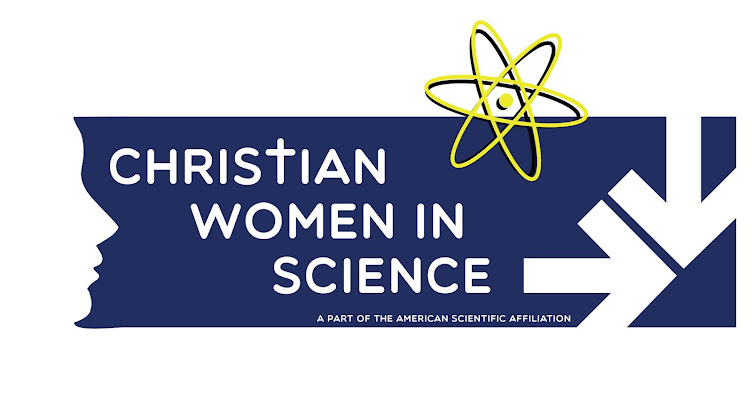Molly Sullens, Grade 8
Hildegard of Bingen was the most significant woman in science in the 11th century. She was centuries ahead of her time. She excelled in science, medicine, Christian theology and music. She is sometimes called the “Sibyl of the Rhine.”
She was born in Germany in 1098 and died in 1179. She was born during the first crusade, the youngest of 10 children. In noble families it was the custom for the tenth child to be given to the church, so she was given as a tithe to God. She went to live with the anchoress Jutta, a woman who withdrew from the word, living alone in a small enclosed area adjoining a church. The noble woman Jutta spent every day learning about God and praying.
Hildegard served as Jutta’s maid and apprentice from age 8 to 18. Jutta taught Hildegard about Christ and how to serve him. When Jutta died in 1136, Hildegard was unanimously elected the abbess in charge of the monastery that was over 400 years old. She was a Benedictine nun, which means that she lived in obedience to the Rule of Benedict. This rule meant a daily life of prayer, work, study, and offering hospitality.
In 1148 Hildegard decided to move the convent to Rupertsberg, separating the women’s ministry from that of the men. This decision was opposed by her abbot, but in 1150 the new convent was founded and Hildegard was in control. The Rupertsberg convent grew to as many as 50 women, most of whom came from wealthy backgrounds. Hildegard allowed the women to keep some of their jewelry, which gave them a sense of their family background.
As abbess, Hildegard’s duties included nursing, illuminating manuscripts, supervising the nuns, and travel in Germany and France. She also was in demand for her skills in helping the sick.
Hildegard was perhaps the most prolific writer of her time. She wrote hymns, treatises, plays, and over 300 letters. Most of her hymns have been performed and recorded by the ensemble Sequentia. The ensemble continued to record all of Hildegard’s music, ending their “music of the saints” project in 1998, the year celebrating Hildegard's 900th birthday.
In her letters Hildegard gave spiritual advice to people of both high and low estate. She wrote to chastise Emperor Frederick Barbarossa and the Archbishop of Main. She also wrote to St Bernard, King Henry II of England and his queen, Eleanor of Aquitaine.
Abbess Hildegard was a strong woman, though she regarded herself as a paupercula feminea forma, or poor weak woman. She held her ground when church authorities tried to force her to exhume the body of an excommunicated nobleman she had permitted to be buried on the convent grounds. This happened when she was in her eighties. Hildegard defied the authorities by hiding the grave, and the authorities excommunicated her entire convent community. Hildegard appealed the decision to higher church authorities and the sanction was finally lifted.
Hildegard suffered from extreme migraines, but luckily, she discovered the power of herbs that can calm nerves and relax muscles. Lemon balm, passion flower, catnip, and valerian are some of the herbs that she studied to discover some of their medical properties. She used plants from her own garden to do experiments and kept very detailed journals of all her experiments.
Hildegard wrote her two treatises between 1151 and 1161. These are often referred to by their Latin titles, Physica and Causae et Curae. Physica describes the characteristics of elements, mammals, reptiles, fish, birds, trees, metals, precious stones, and medicinal uses of over 200 plants. In Causae et Curae Hildegard describes forty-seven diseases according to causes, symptoms, and treatments and lists over 300 plants used to treat diseases.
Her book Scivias (Know the Ways of the Lord) is based on the visions that she received from God since age three. Hildegard had shared her visions with only two people: Jutta and another monk, named Volmar. Volmar served as Hildegard’s secretary until her death. The process of writing this book was drawn out over 10 years. In 1147 Pope Eugenius encouraged Hildegard to finish Scivias and eventually it was published with papal imprimatur. The book drew the attention of many throughout Europe.
She also wrote the Book of the Merits of Life. The sections of the book concern the “Man Looking to the East and to the South” (Part 1); the “Man Looking to the North and the West” (Part 2), and the “Man Looking Over the Whole Earth” (Part 5).
The Book of Divine Works (Liber divinorum operum) was published in 1163. In this book she wrote, “Whoever has submitted to God with humble devotion and been set alight by the aid of the Holy Spirit overcomes both what is corrupted within themselves and the devil; the angels rejoice because of the good works of the just and praise God’s omnipotence.”
She also wrote, “The Son of God’s love crushed the devil with its Cross, and its imitation treads now under foot discord among God’s faithful, other vices, and that ancient deceiver of the human race, and reduces them to nothing.”
Hildegard died in 1179 and was buried in her convent church. The convent was destroyed by the Swedes in 1632 and her relics were moved to Eibingen. She was a brilliant Christian woman who served others and left a great legacy. That legacy is being promoted by The International Society of Hildegard von Bingen Studies, established in 1983 by Professor Bruce Hozeski of Ball State University.
Hildegard accomplished great things in a time when women were not encouraged to excel outside of the family and home. She resisted pressure from her male superiors to do things their way and she pioneered a unique path as a Christian woman of science.





